As the ongoing pandemic continues to push consumers to shop online and get delivery directly to their homes in a bid to stay safe from the spread of Covid-19, online …
Continue reading “6 Business Models That Online Marketplaces Use to Earn Money”


17
Jul. 202.3 K
VIEWSThe Novel Coronavirus epidemic that has spread its tentacles worldwide almost brought business and the economy to its knees. With no way of attending office, how are employees supposed to work? COVID has made an enormous difference in our lives, and there’s no denying it. Well, there has been one positive impact amongst a few of this COVID lockdown, that has helped our civilization move forward and conduct business even in times of a pandemic. The digital future that was waiting for us has suddenly been brought forward.
There have been many changes on two fronts: the business side and the consumer side. In the case of the former, organizations have adopted digital tactics to help employees carry on work smoothly during the time of a lockdown. Companies are trying to offer consumers more facilities during the lockdown. On the consumer end, this is mostly a behavioral change, i.e., It is how people have started adapting to the sudden differences in lifestyle brought about by the COVID lockdown. To do so, they are relying more and more on technology.
Here’s how and why the digital future has been brought forward by the COVID lockdown.
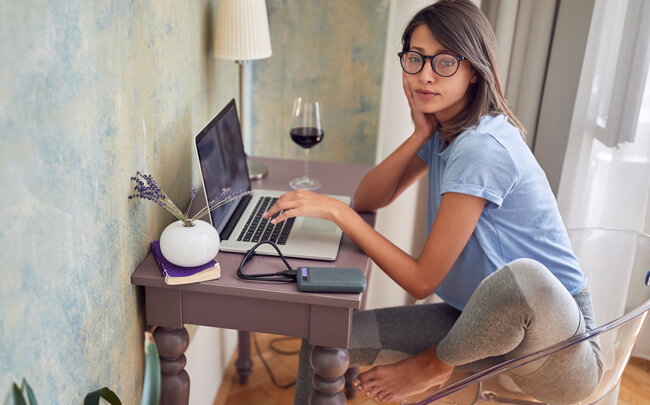
Companies were the first to realize that commerce and trade cannot suffer because people can’t leave the house. As a result of the lockdown, there has been a rise in video calling and conferencing technology. There has also been an increase in the implementation of automated employee systems, so tasks can be carried out as scheduled. Via meetings, management can confer with direct workers. Pitches can be made via video conferences, and briefings can also be carried out. Fortunately, the technology that video calling apps use also allows for screen sharing. When it comes to official video calls, Zoom has emerged as the preferred app of choice. If video calling is not required, a text-based group can also be created. An app called Telegram has gained popularity for being a great WhatsApp clone that people can use for official communication.
Students cannot go back to attending classes for a while. This has led to many changes in the educational sector. Today, lectures are being held via video-conference online, and students are clearing doubts across a screen. Professors are hosting classes with as many as 100 students at one time. Another area in education that the lockdown has made a marked difference is the decline in physical literature. As students don’t have access to their colleges and universities, they cannot use the libraries and are cut off from physical books. Hence there has been an increase in PDF and e-book formats for popular textbooks. These cost less than physical books, don’t have to be carried from one place to another, and maybe shared among students. As a planet, we were well on our way to becoming a paperless society, and this step is one in the right direction.
Due to the lockdown, family visits aren’t as frequent as they used to be. Relatives are keeping in touch using technology. WhatsApp is an excellent platform for video calls with your loved ones. Sometimes, family members in different cities coordinate their time-zones and share a cup of tea via online. The regular family outing has been restricted to the screen. As we move towards the future and time gets more scarce, maybe online communication with our loved ones is the way to go to save time. At the same time, it gives you the freedom to contact who you want, whenever you want.
Medical professionals have been extensively using technology in their fight against COVID, and in their attempt to find a vaccine and a cure. Technology and medicine have always moved hand in hand. As science makes progress in the technological sphere, medical breakthroughs also increase in number. Medical professionals are realizing the importance of technology and how it can help them try to safeguard the human population from the virus.
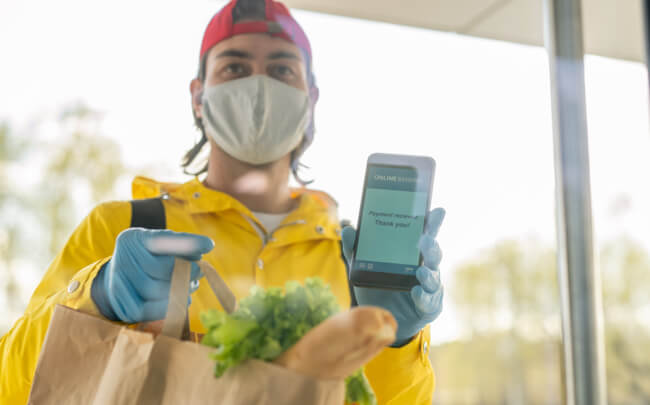
While we were always using applications like Zomato and Swiggy to get readymade food delivered online, today, every ecommerce player is trying to get essentials as well delivered online. Some food delivery platforms have even pushed for the delivery of alcohol. As lockdown carries on, the delivery of products is the choice of most people because it removes the necessity of going out and exposing yourself to contamination. Today, on Amazon, you can find groceries and order your month’s rations. Similarly, you can also use Swiggy to deliver alcohol to your house, depending on your location and the app’s local policies. As we move towards the future, ecommerce retailers are poised to widen their product portfolio, giving us whatever we need online. The COVID lockdown has hastened that process up. Today, it is not strange to see deliveries happening containing essential items like cooking oil, eggs, etc. which require utmost care while transporting lest a leak occurs. Some food delivery apps have carried on taking orders during the lockdown. In order to calm the public fears regarding health and contamination, these apps take many safety precautions. They even make the riders take multiple steps to make sure hygiene is maintained. Usually, the reassurance of this is provided on the app interface itself. Phrases like “regular temperature checks” have started appearing on the portals of Zomato and Swiggy to assure patrons that the delivery boys are maintaining COVID restrictions.
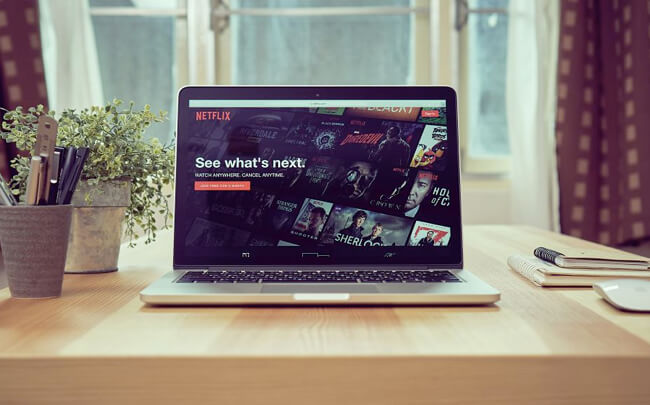
There has also been a marked increase in the number of hours people spend on streaming platforms, which has given rise to newer platforms. Earlier, there was just Netflix and its shows to choose from. Today, we have Amazon Prime, Disney Hotstar, and a dozen other platforms that stream even local content, like Hoi Choi. During the initial stages of the lockdown, while companies were still figuring out work from home logistics, people suddenly found themselves with a lot of time on their hands, and this drove them in thousands to streaming platforms. The number of platforms and the content has increased dramatically, and so have the viewing options. Today, consumers can watch their favorite shows on any medium, from a mobile phone to a 50-inch smart television, and everything in between. This has even made a difference in the entertainment industry by making it more democratic. Today, the audience is spoilt for choice like never before.
The future of online dating, too, has changed. Earlier, the very nature of a dating app was to help matches strike up a conversation with each other, in an effort to set up an offline meeting. Now, due to the pandemic, people can’t eat out and meet as they might have. Hence, online dating apps have had to evolve and add new features in order to stay interesting to their users. They have come up with quizzes that a matched couple can play to understand each other better. Some apps like Hinge have added an in-built video call option so people can verify who they’re talking to before meeting them. The dating landscape has been completely changed by digital, and the COVID lockdown has brought some future innovations forward.
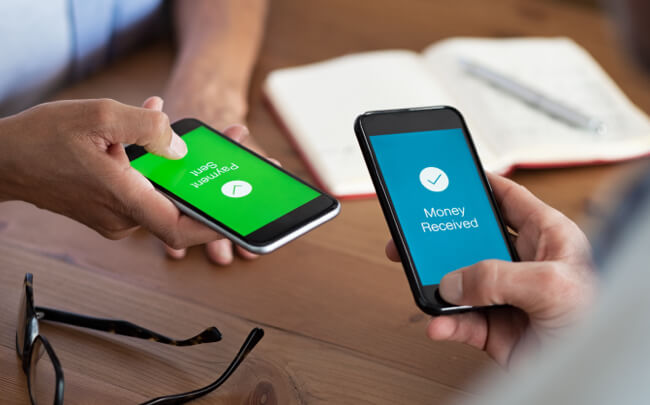
The financial services sector and the realm of payment gateways have seen several changes as the lockdown progressed. The number of people using physical cash decreased dramatically, and the number of payment gateways like PayTM, PhonePe, GooglePay, AmazonPay, etc., increased, as people started paying utilities online. Today, a single portal can be a window into paying for many different services, a great point of convenience during the lockdown.
The COVID lockdown has made massive changes in our lifestyles and outlooks. Today, every piece of communication or every business transaction is done, taking COVID into account. Brands that promote themselves on social media are using this time to spread awareness, putting up infographics of cleanliness and hygiene on their verified Instagram pages. This lockdown has forced brands to tear away from a business-only focus and be more empathetic to global disasters. It is easy to wonder whether the future might consist of us working/learning solely from home, depending on online methods to order food, and seldom moving out of the house unless it is necessary. Until the virus remains at dangerous levels, this might be a new reality, and ‘social distancing’ might be around for a while now. It is in the best interest of businesses, governments, and consumers to work together to bring forward our digital future, so we live stress-free during the pandemic.
